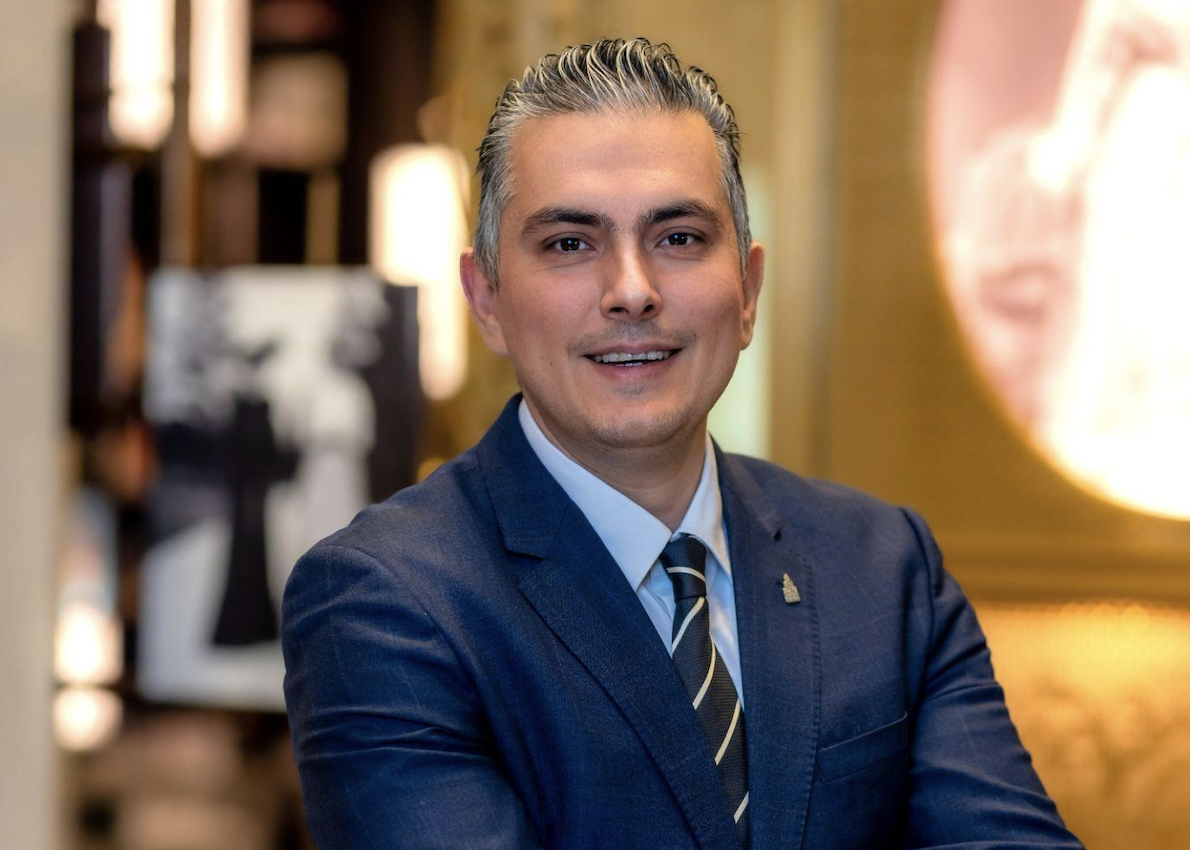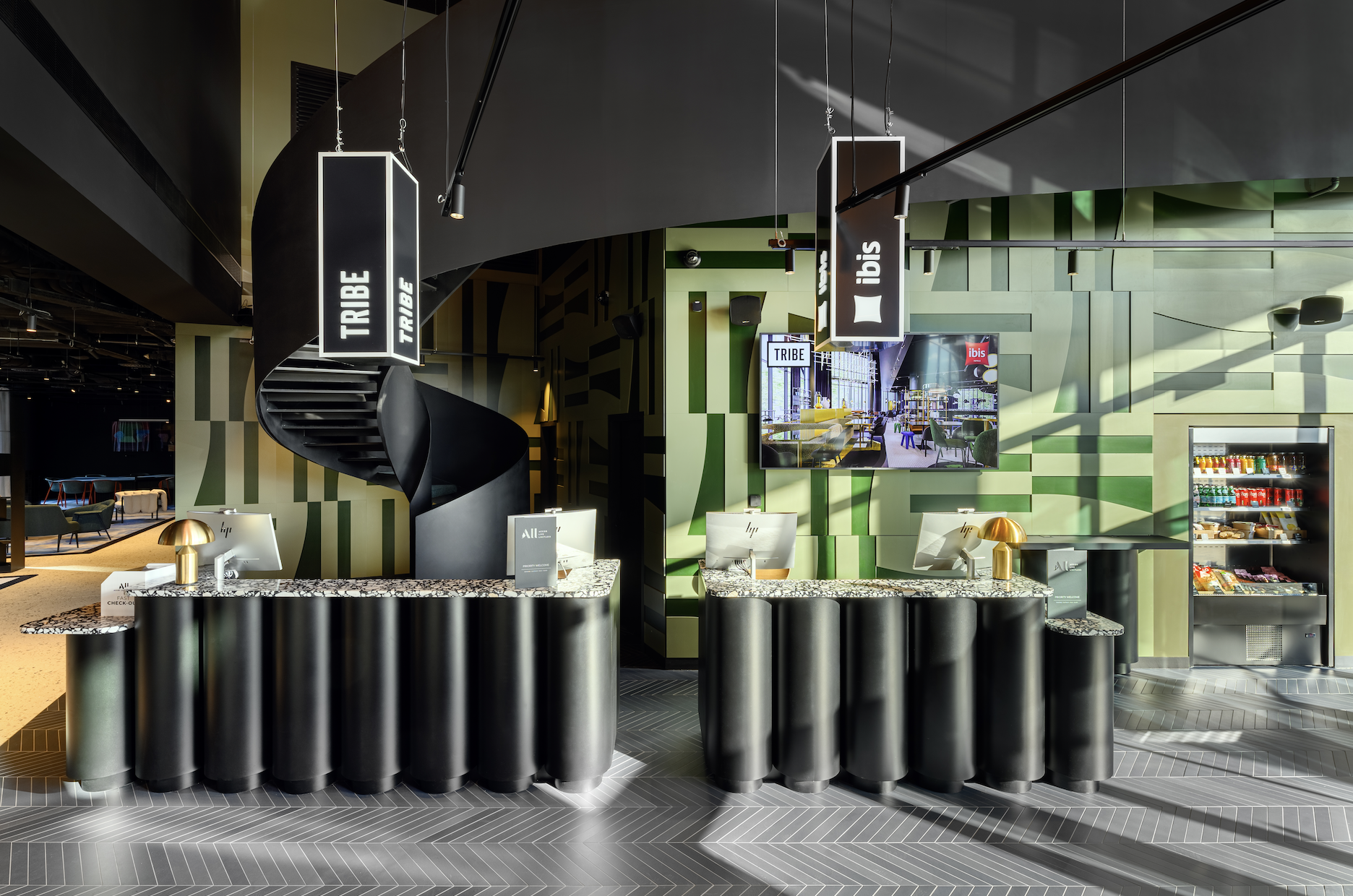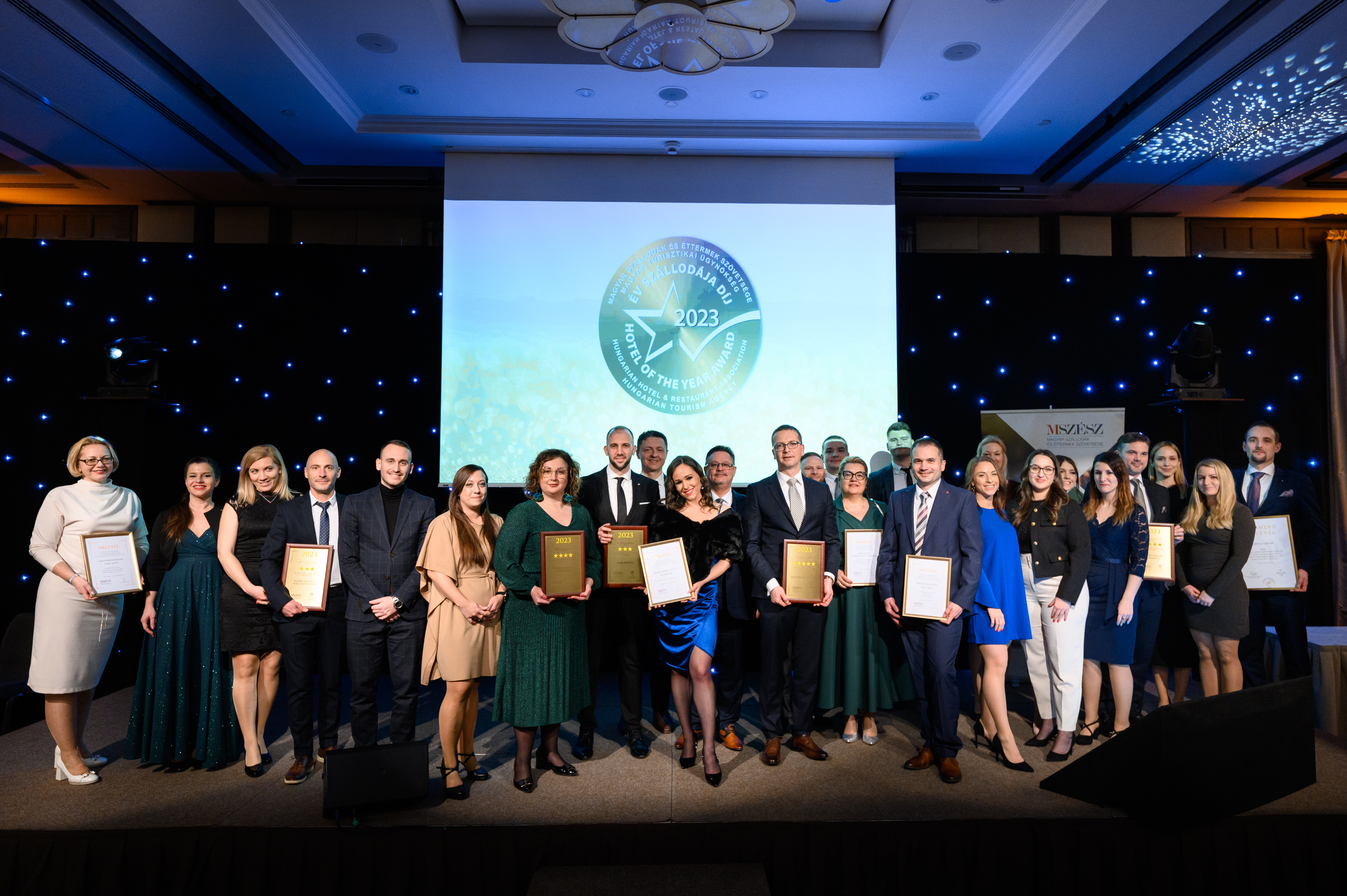Matild Palace 1 Year on: ‘It’s all About the People.’

Selim Ölmez
When Selim Ölmez moved from hotel manager of the Matild Palace to general manager in May, his overall responsibilities grew, and his time shrank, as you might expect. But his point of focus also changed. It became “all about people,” he says.
“My job profile changed enormously when I took this new position. It’s all about people right now; I’m always on the floor. I’m not an office guy anymore, sitting down and taking meetings,” he laughs.
“I’m available to the company employees, chatting with them, trying to understand what we can do to improve their well-being; we listen to their concerns,” he says.
It’s an essential investment of his time. Since the developed world began to emerge from the worst of COVID, there has been a reassessment of what many people want from life. The “Great Resignation” has become something all HR departments are grappling with, but perhaps no sector has been harder hit than hospitality, restaurants and catering.
“When I started in this business approximately 25 years ago, it was the ‘sexiest’ in the market, you know, to meet new people, to serve them, to make them happy. It was very attractive. Today, it’s the opposite; to attract people to this industry is quite difficult,” Ölmez says.
Matild Palace began pre-opening during the pandemic. The timing was a challenge, but the hotel had some advantages going for it. The first was the historical nature of the building itself and what the owners, the Ozyer Group, wanted to do in recreating its role as a social hub. The Luxury Collection Hotel brand was another attraction.
“When we started introducing the Matild Palace to the labor market, and when we did our first recruitment base, we met almost 1,000 people in two days of recruitment. So, it was a very, very good start,” the GM recalls.
But it was only the start. If half the battle is finding talents, keeping hold of them is just as important. The hotel is, as Ölmez says, a “very big family” of approximately 220 people under the same roof, hence the dedication of so much of his time to the issue.
Good Signs
“We are not bad in terms of retention. Maybe 70-75% of the team in the property have been with us since the beginning, so it’s a good sign for the future. We are continuously asking for their feedback by doing surveys. I need to look after my people so they can look after our guests. This is how it works,” the Turkish national says.
The hotel has just celebrated its first full year of operations, having opened in June 2021, a decision some saw as brave. The opening had already been postponed twice due to the pandemic. By the summer of last year, things were certainly better, but social distancing and mask-wearing restrictions were still in place.
“We are happy with the figures at the moment. I would not say it is excellent because we know what the market was in 2018-19, pre-COVID, and, of course, we are still not there yet,” he says.
Some European countries such as Italy, Spain, and Greece are doing well, with full resorts, and are already ahead of their budget plans, Ölmez estimates.
“But in Central Europe, including Hungary, as we are neighbors to Ukraine, there is still a little bit of hesitation, especially with guests from the United States,” he says. “We can see the same impact in the river cruise segment, for example; they are operating at 50-60% of their potential. And it’s the same for the luxury hotels.”
The four- and five-star hotels are doing “much better,” he believes, because the Central European markets offer a price advantage. “Guests with budget concerns still travel to Hungary heavily. A single room in Italy is EUR 500-600 minimum, but in Budapest, it is EUR 200, maybe even less.”
For all that, Ölmez insists there is a “very positive outlook. [….] Quarter two is much better than quarter one. We believe the third quarter will be much better than quarter two. We see growth in the market, which makes us quite happy.”
Fully Operational
Part of the optimism is based on the fact that the hotel is now 100% operational following the opening of the Matild Café in May, although the cabaret and dinner show element probably won’t start until mid- to late September. Alongside the Spago restaurant by celebrity chef Wolfgang Puck and the “hidden” Duchess bar, it allows for three very different culinary experiences under one roof (or above it, in the case of The Duchess).
And innovations will continue to be added to the mix. “Wolfgang’s operation is very strong in doing new or exceptional things like sushi. We might be bringing in a sushi concept in the near future, maybe towards the end of this year or the beginning of next,” says Ölmez.
The real potential for growth lies in the international markets, although that won’t happen overnight. “I think it will take at least another year or maybe two to establish ourselves properly,” the GM reckons. Not that anything is being left to chance, with investment into marketing in the U.K. and U.S. markets continuing.
But what one might call “destination evolution” is also organic. “The more brands, the more options we have in a city, the better it is for the destination. Now, we are here. In the future, new projects and new hotel brands will be coming to the city. That will bring more attention to Budapest; the more options the city provides, the better visibility it gets. We are continuously investing into this awareness of Matild Palace and Budapest.”
How do the guests break down by sector? “This is a new property, and establishing corporate contracts takes time. I think next year we will be very strong in the corporate segment as it’s growing. Leisure has been strong since the beginning because of our attractiveness in terms of the food and beverage offering,” he explains.
“It doesn’t matter where they stay in the city, these guests visit our restaurants and bars. We are a focal point where local and international guests can get together. The quality is here, the selection is here, the service excellence is here. I think our strength in leisure will continue,” Ölmez argues.
“We also see increasing MICE [Meetings, Incentives, Conferences & Exhibitions] traffic. Our destination is attractive in terms of pricing, so I think Central Europe, not only Hungary, is growing. We believe 2023 will be much better regarding our business mix.”
One final thought. Ölmez probably knows the hotel better than anyone. If he ever has five quiet minutes to himself, away from talking with staff and guests, attending meetings, or handling the admin, does he have a favorite spot to retreat to? His response is instant.
“Yes,” he says with a laugh. “The Duchess.”
This article was first published in the Budapest Business Journal print issue of July 15, 2022.
SUPPORT THE BUDAPEST BUSINESS JOURNAL
Producing journalism that is worthy of the name is a costly business. For 27 years, the publishers, editors and reporters of the Budapest Business Journal have striven to bring you business news that works, information that you can trust, that is factual, accurate and presented without fear or favor.
Newspaper organizations across the globe have struggled to find a business model that allows them to continue to excel, without compromising their ability to perform. Most recently, some have experimented with the idea of involving their most important stakeholders, their readers.
We would like to offer that same opportunity to our readers. We would like to invite you to help us deliver the quality business journalism you require. Hit our Support the BBJ button and you can choose the how much and how often you send us your contributions.







